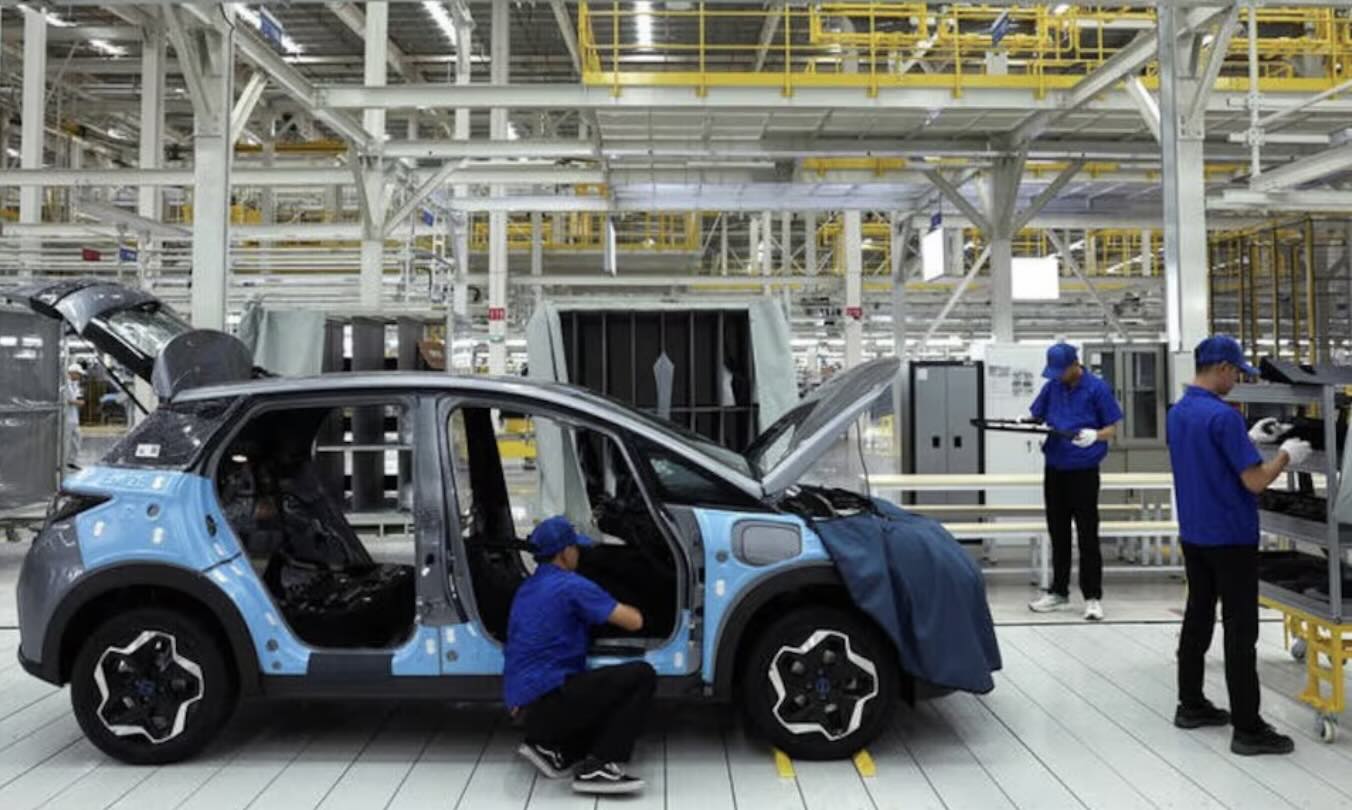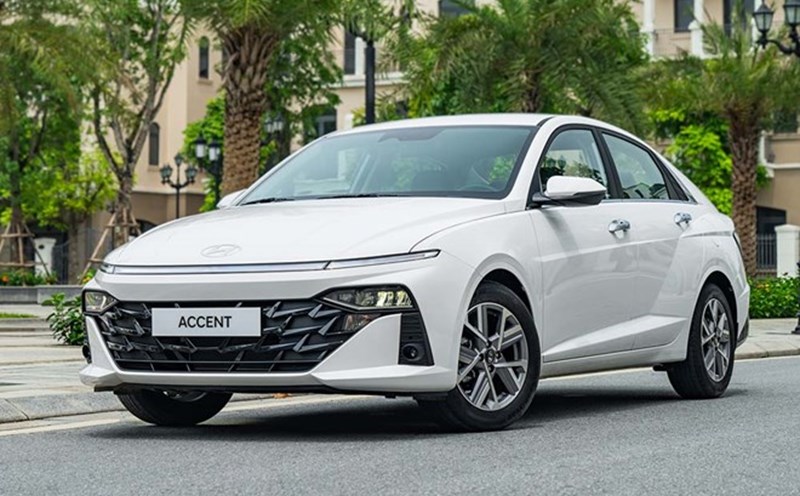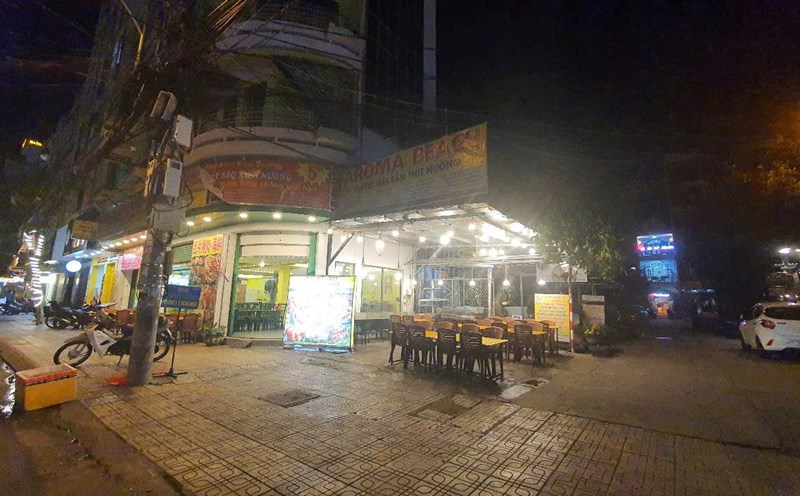
Thailand is bracing for a prolonged price war in the electric vehicle sector, driven by increased production from Chinese automakers, industry experts say, which could add pressure to a domestic auto industry already struggling with falling sales.
According to Suroj Sangsnit, President of the Electric Vehicle Association of Thailand (EVAT), electric vehicle sales in Thailand are expected to increase by 40% in 2025, exceeding 100,000 units. This increase comes from incentive programs for local production at a rate of 1.5, allowing companies to reduce taxes and avoid heavy fines.
The program includes subsidies of up to 150,000 baht (about 110 million VND) for 70,000 newly registered cars in 2024 and about 84,000 imported cars in 2022-2023.
Analysts say price competition is intensifying amid a sluggish auto market. In January 2025, Great Wall Motor cut the price of its Ora Good Cat model by up to 270,000 baht (about 200 million VND); GAC Aion also cut the price of its Aion Y Plus model by 166,000 baht (122 million VND). "The price war will be longer, more intense and more widespread," said SCB senior analyst Tita Phekanonth.
Thailand’s auto production fell for 17 consecutive months through December 2024, due to weak demand from both domestic and international markets. Vehicle exports fell 8.8% in 2024, while domestic sales fell 26% (the lowest in 15 years).
However, Thailand is now attracting attention thanks to subsidies and tax incentives to convert 30% of annual car production to electric vehicles by 2030. The auto industry here has long been dominated by Japanese companies, but in recent years, electric car investors from China have begun to flock.
According to EVAT, companies such as BYD, Great Wall Motor and other Chinese firms have invested more than 102.7 billion baht (about 75 billion 247 million VND) in Thailand.











